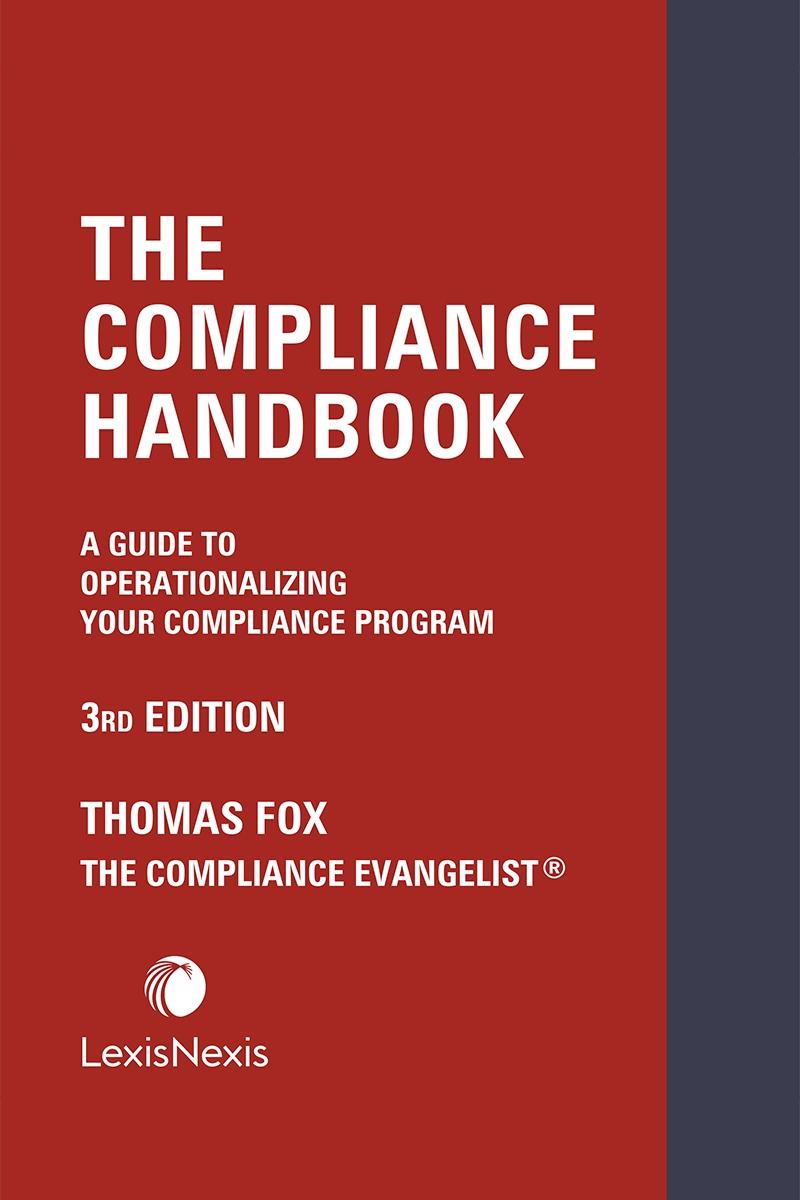I am looking at what skills will be needed for the mid-century Chief Compliance Officer (CCO). Moving into the CCO chair today is far beyond compliance expertise and legal knowledge. In Part 1 of this two-part series, I reviewed the soft skills most current CCOs have. In part 2, I want to consider the strong social skills a CCO will need as we move into 2030 and beyond. In a recent Harvard Business Review article (HBR), entitled “The C-Suite Skills That Matter Most”, authors Raffaella Sadun, Joseph Fuller, Stephen Hansen, and PJ Neal looked at this issue in the context of the Chief Executive Officer (CEO) position. I have adapted their work for the CCO role.
Training for new CCOs must change as well. No longer will a law school degree with one course in the Foreign Corrupt Practices Act (FCPA) be sufficient as a basis for a CCO. CCOs will need to systematically build social skills. This can certainly start in law or business school, but companies need to consider this role in their internal development for CCO candidates and indeed their entire corporate compliance function. This means going beyond simply preparing up and grooming compliance professionals to become a CCO through developing a “deep competence in a variety of administrative and operational roles.” This is because the mid-century CCO will need to “form constructive relationships with colleagues, customers, regulators, and suppliers” to fulfill the obligations of a corporate compliance function going forward.
As I noted earlier in Death of Dos Santos and Leadership at the Top, the background due diligence process around CEOs is becoming more important. But more than computer assisted research for background checks, the authors believes that “getting references is also problematic.” Most CCO searches are conducted with a high degree of confidentiality. However, the people conducting CCO interviews and those providing references are likely to be part of the “same small, homogeneous networks as most of the candidates, which significantly heightens the risk of bias in the decision-making process. They might mistakenly assume that those individuals possess broadly applicable social skills simply because they connected easily with them in interviews.”
In their executive development programs, companies today need a systematic approach to building and evaluating social skills for all executives, including compliance professionals and specifically CCOs. The authors believe such skills “may even need to prioritize them over the “hard” skills that managers presently favor because they’re so easy to assess. Companies should place high-potential leaders in positions that oblige them to interact with various employee populations and external constituencies and then closely monitor their performance in those roles.”
Beyond the assessment of social skills, companies need to highlight social skills development for the compliance function and potential CCO candidates. Interestingly, the authors believe that it is “inherently risky to put an outsider—even someone carefully vetted—in a senior role. Companies thus will benefit from a “grow your own” approach that allows internal up-and-comers to hone and demonstrate a range of interpersonal abilities.”
Moving forward the authors believe that more often, companies are “on the lookout for people with highly developed social skills—especially if their organizations are large, complex, and technologically intensive.” It is the final intensive technical requirement that many compliance professionals and CCO-types are lacking in; most particularly those with a legal education. Somewhat deflatingly, the authors report it is an “open question” as to whether companies will succeed in making hires with the requisite social skills going forward. They write, “The answer will depend in part on whether they can figure out how to effectively evaluate the social skills of job candidates, and whether they decide to make the cultivation of social skills an integral component of their talent-management strategies.”
But the business reality is that companies must do so to remain competitive. Talent acquisition and retention will be one of the most important keys for businesses to survive and thrive into the 2030s and beyond. Developing internal talent with these skills would clearly be the optimum approach for an organization to take. The authors also believe that companies should encourage law and business schools “to place more emphasis on social skills in their MBA and executive-level curricula, and they should challenge search firms and other intermediaries to devise innovative mechanisms for identifying and assessing candidates.”
But this is beyond simply internal development of the top candidates from law and business schools. When “recruiting and evaluating outside talent, they must prioritize social skills. The same is true when it comes to measuring the performance of current [CCOs] and setting their compensation. In addition, firms should make strong social skills a criterion for promotion, and they should task supervisors with nurturing such skills in high-potential subordinates.”
As much as the compliance profession has evolved over the past 10 years, this evolution will only continue with greater speed going forward. Simply consider how much business has changed forever since the Russian invasion of Ukraine and you can begin to see why a CCO, and compliance professional, will need a much wider variety of social skills. Change in the way Supply Chain risk will be managed; how trade and economic sanctions will play a more strategic role in each organization, anti-corruption detection, prevention and enforcement has now become a national security issue of the United States, cybersecurity and data privacy are on the front plate of every organization and environmental, social and governance (ESG) will lead many corporate efforts going forward.
The bottom line is that the business world has changed and not only must CCOs change with it but the manner in which companies acquire and retain compliance talent must change as well.






